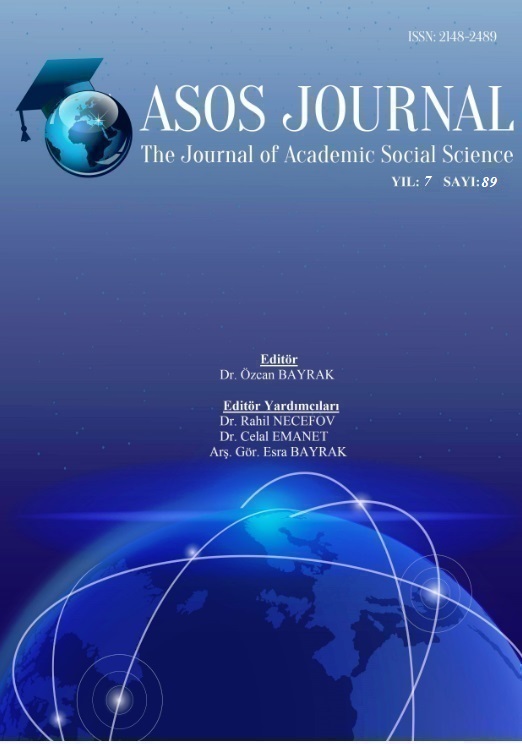Author :
Abstract
Bu çalışmada yeni ateizmin dine yaklaşımı incelenmektedir. Yeni ateizm bu yüzyılda ortaya çıkmış bir anlayıştır. Yeni ateizmde geleneksel teizm-ateizm arasındaki tartışmalardan ziyade daha çok bilimsel temelde her türlü doğaüstü inanca karşı çıkılır. Bunun yanında dinlerin tarihsel ve toplumsal etkilerinden yola çıkılarak ateizm temellendirilmeye çalışılır. Evrim teorisi yeni ateistlerin elindeki en güçlü kozdur. Aynı zamanda dini hayat tarzının karşısına konulacak bilimsel dünya görüşünün temel dayanağıdır. Nitekim dinin yorumlanması bu teori bağlamında gerçekleşmektedir. Yeni ateizmin en önemli temsilcisi Richard Dawkins bu bakış açısıyla daha çok teorik düzeyde dini açıklamaya çalışmıştır. Sam Harris ise dinin pratik alandaki etkisini irdeleyerek din hakkındaki düşüncelerini şekillendirmiştir. Biz bu çalışmada Dawkins inşa ettiği teorik temel bağlamında yeni ateizmin dine yaklaşımının tutarlı olup olmadığını tartışacağız. Bunun yanında bu teorik temelin Harris’in düşünceleri bağlamında pratik alandaki yansımalarını irdeleyeceğiz.
Keywords
Abstract
In this study, the approach of new atheism to religion is examined. New atheism is an understanding that emerged in this century. Rather than arguing between traditional theism and atheism in new atheism, all kinds of supernatural beliefs are opposed on scientific basis. Besides, based on the historical and social effects of religions, it is tried to be based on atheism. The theory of evolution is the strongest trump of new atheists. At the same time, it is the basic foundation of the scientific world view to be confronted with the religious lifestyle. Indeed, the interpretation of religion takes place in the context of this theory. Richard Dawkins, the most important representative of new atheism, tried to explain religion more from this point of view. Sam Harris explored the effects of religion in the practical field and shaped his thoughts about religion. In this study, we will discuss whether the approach of new atheism to religion is consistent in the context of the theoretical basis that Dawkins has built. In addition, we will examine reflections in practical area of this theoretical basis in the context of Harris' ideas.





